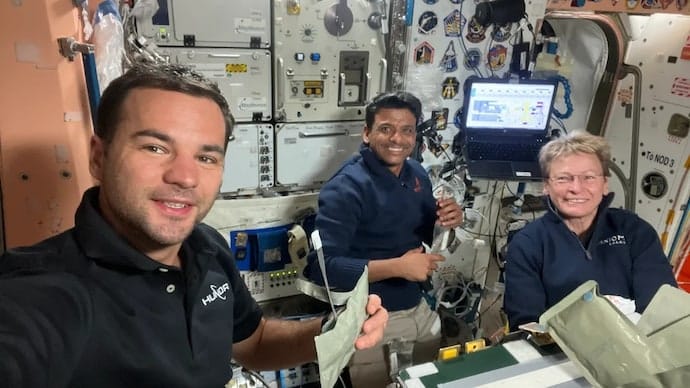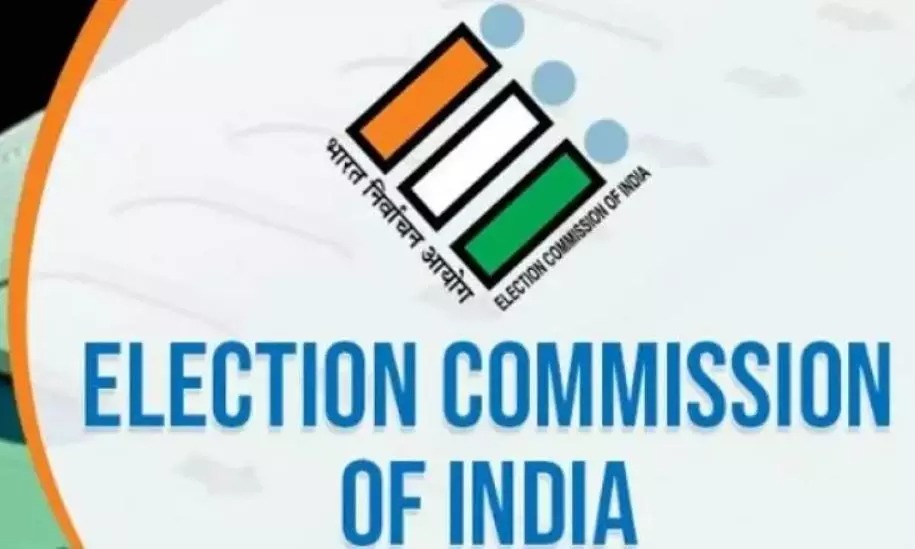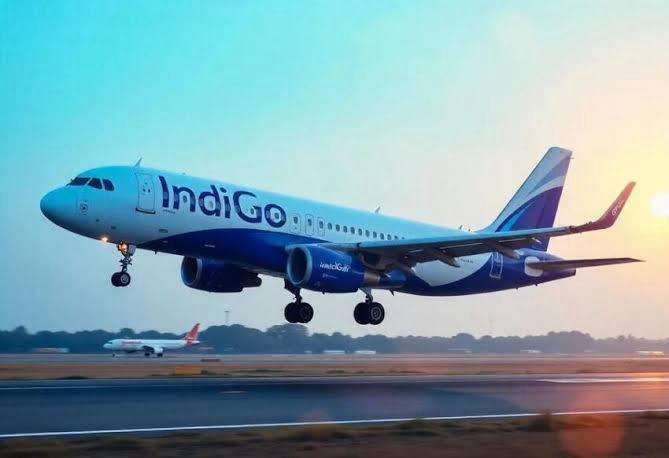 Image Source: India Today
Image Source: India Today
Group Captain Shubhanshu Shukla has become part of history as the first Indian astronaut to perform in-orbit biomedical experiments aboard the International Space Station (ISS), flying an historic experiment to crack the code of muscle loss in microgravity. As part of the Axiom-4 (Ax-4) private space mission—a collaborative Indo-US mission between ISRO and NASA—Shukla's experiments aim to unveil new therapies for astronauts and millions with muscle degeneration here on Earth.
Working in the ISS's Life Sciences Glovebox (LSG), Shukla is leading the Myogenesis Experiment, which explores the adaptation of skeletal muscle stem cells to microgravity. Early data indicate that microgravity makes the muscle fibers significantly thinner and shorter and significantly weaker. The study is focusing on molecular regulators such as MyoD1 and MyoG, which are critical for muscle growth and repair. By finding out these pathways, the researchers hope to develop supplements or targeted therapies to reverse muscle atrophy during long-duration spaceflight and to treat age-related or immobility-induced muscle loss on Earth.
Key Highlights:
Historic First: Shukla is the first Indian to go to the ISS and conduct experiments on the Axiom-4 mission.
Muscle Loss Emphasis: Myogenesis studies investigate why and how muscles lose strength in zero gravity in an attempt to find supplements that can stop atrophy.
Earth Applications: The research could result in the cure of muscle-wasting diseases associated with aging and immobility.
Wider Health Research: Shukla is also involved in mental health research and telemetric health AI, which has the potential to transform remote diagnosis and treatment, particularly in underserved populations.
International Cooperation: Ax-4 crew is conducting 60 experiments from 31 countries. India, via ISRO, has contributed seven significant studies to the mission. Youth Engagement: Shukla created educational videos for Indian students wherein she explained how human physiology reacts to space.
This historic mission not only solidifies India's increasing role in space-based life sciences but also holds the promise of delivering breakthroughs that can benefit both astronauts and vulnerable communities on the planet.
Source: Moneycontrol, NewsOnAir, India Today, NDTV, Times of India
Advertisement
Advertisement




